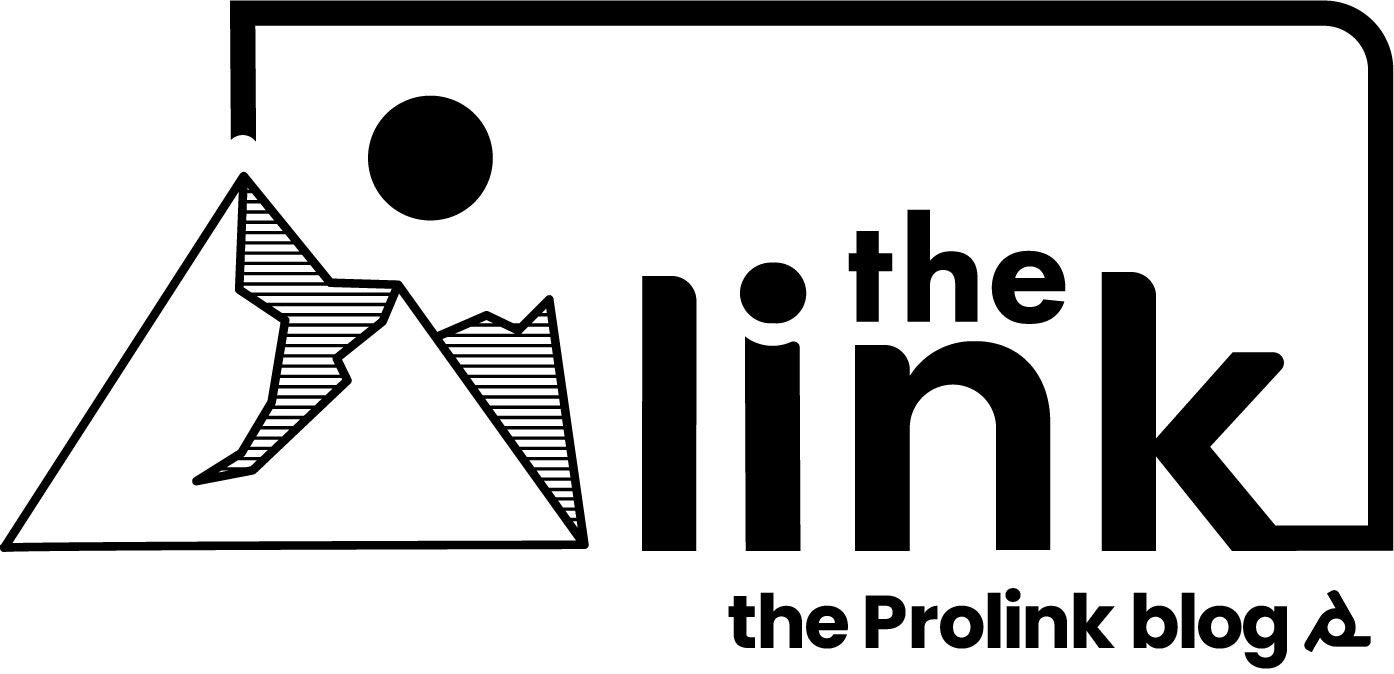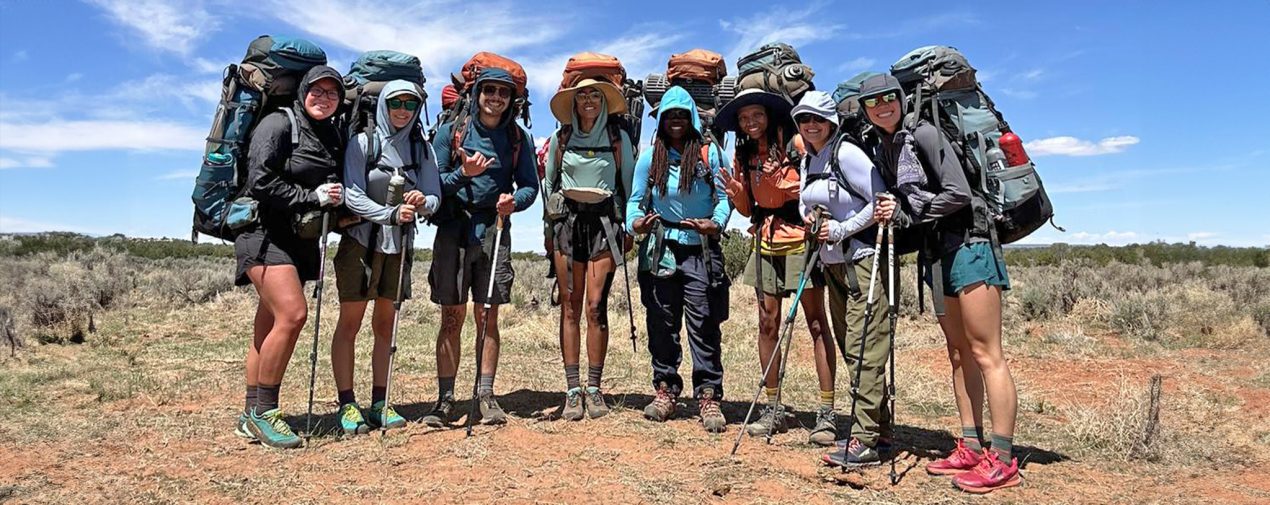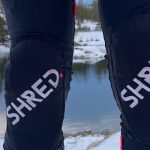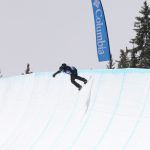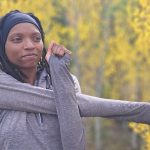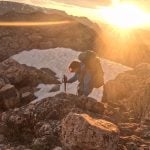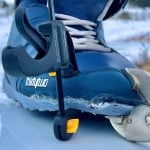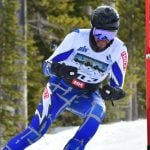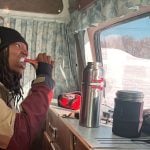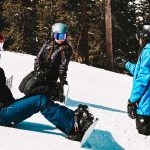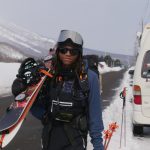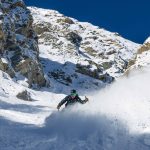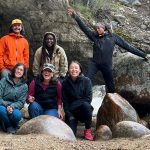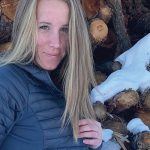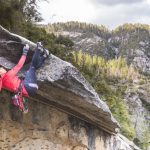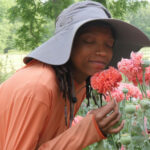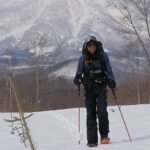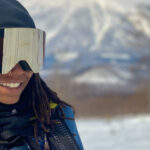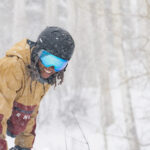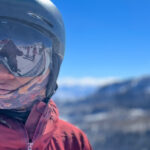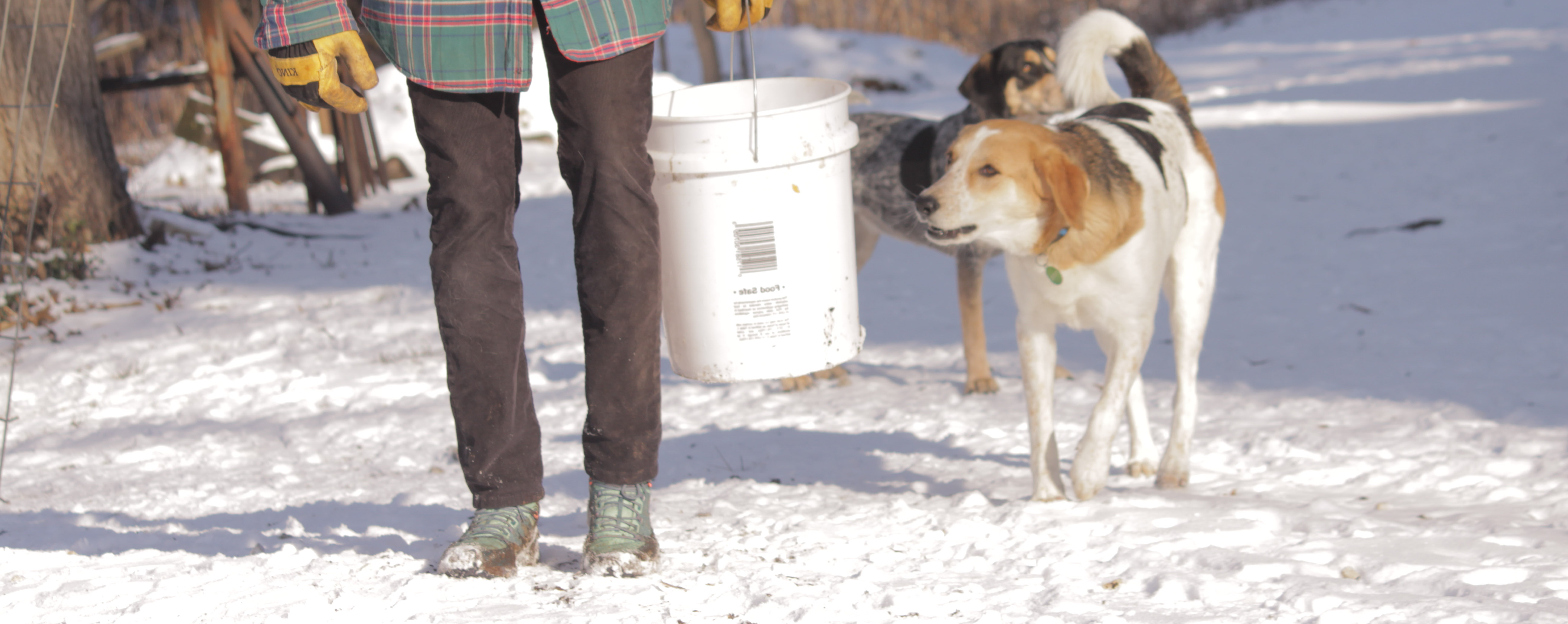Getting Outdoors: The Importance of Mentorship and Diversity
In this article, Part 1, we will hear from Elsie Freland, a Northern Arapaho, Navajo, and Meskwaki tribe member and National Outdoor Leadership School (NOLS) Senior Leader. This article will cover outdoor mentorship, outdoor culture, and who’s pushing for change. In Part 2, we will go over how the outdoor industry became predominantly white, why so many people woke up in 2020, and a way forward.
My first walk in nature was not pleasant. I experienced terror when hiking for the first time on the Appalachian Trail. I was with a friend and didn’t know much about hiking back then, but I briefly joined for support. At some point I asked my friend to walk five minutes ahead of me. As soon as I felt alone, fear overcame me. I was terrified of being attacked by an animal or murdered by a random person. I walked briskly towards my friend, but thoughts overtook me, and my walk became a run for my life! I was raised in an upper middle class family, and money was not a barrier for me to try outdoor adventure. So why had it taken me till I was 23 to try hiking?
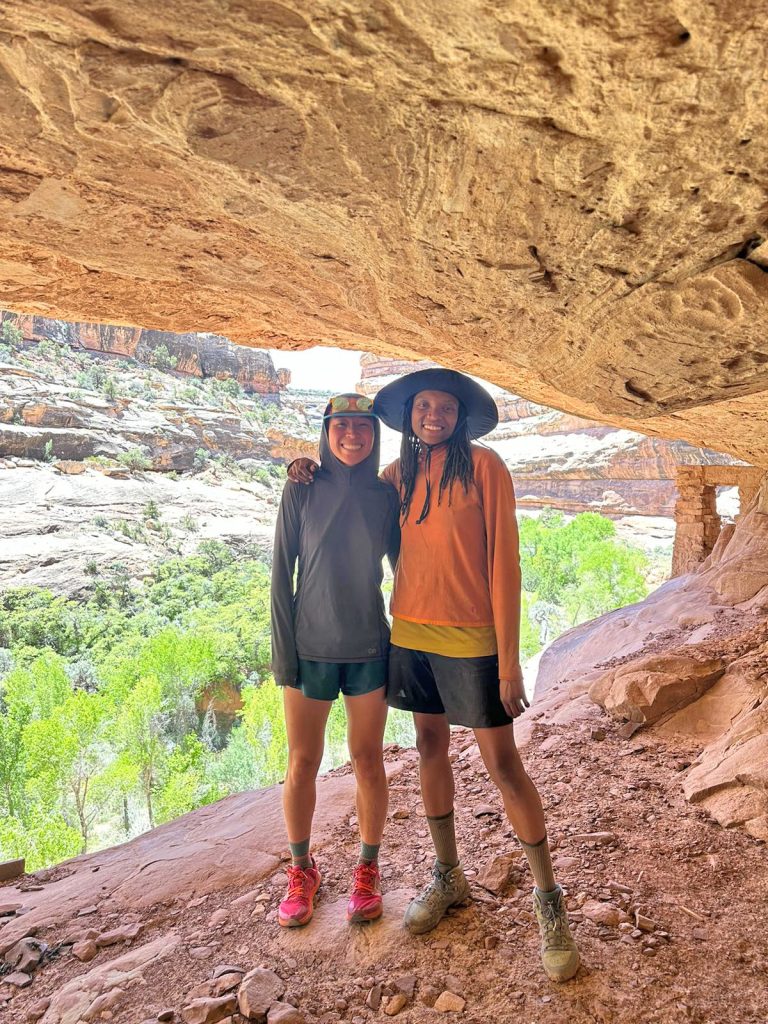
Diversity and Mentorship in Outdoor Recreation
Elsie Freland is from Lander, Wyoming and is a part of Northern Arapaho, Navajo, and Meskwaki tribes. According to Freland, Senior National Outdoor Leadership School (NOLS) Field Instructor and Program Manager of the U.S. IIT Program, mentorship plays an important role in outdoor adventuring. “We forget that initial discomfort,” she said. “Sometimes mentorship is saying what you do IS enjoy the outdoors. That’s the outdoors. Whatever that may be. Wherever you’re at.”
If it is in your family’s culture to go for walks around the block or visit national parks, then you’re more inclined to continue as you get older. Those who weren’t introduced to the outdoors through family may discover nature through school, friends, or media. But without some kind of mentorship, many people might not consider trying a nature excursion at all.
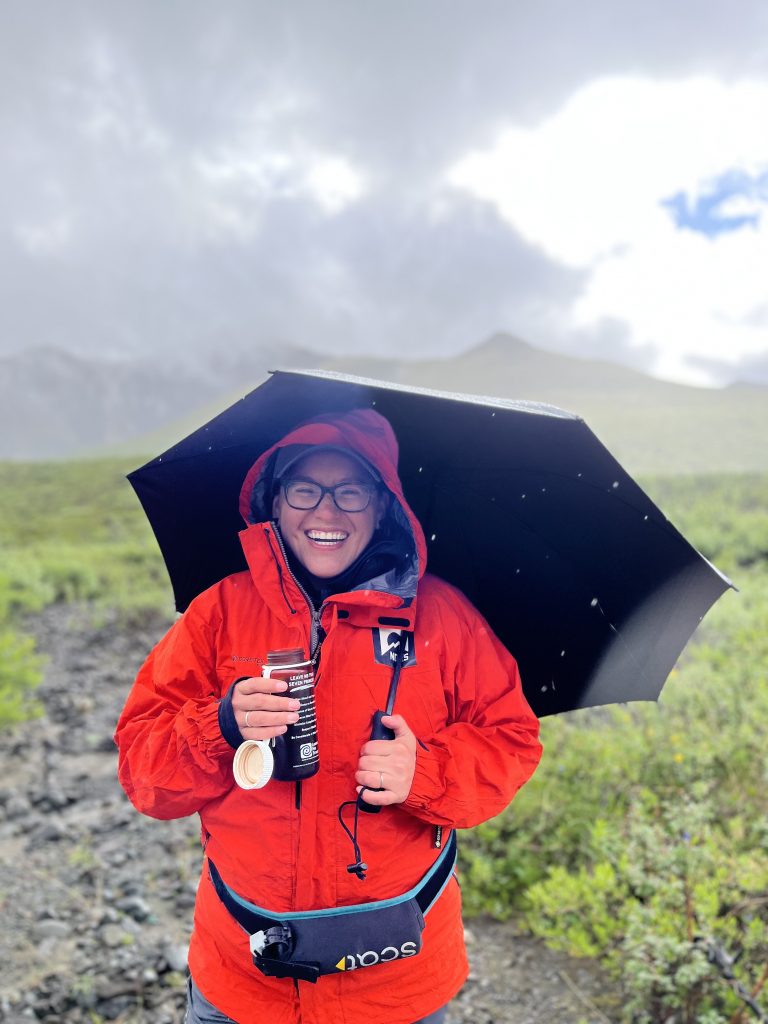
Freland recommends “soft-entry activities” like hiking at a state park, going for a walk wherever you are, or sitting on a bench and looking at the birds. Outdoor recreation doesn’t have to mean gearing up in expensive ski clothing and hitting the moguls.
Though it’s easy to find images of skiers, snowboarders, and surfers in magazines and on the internet, these recreational activities are not as popular as some might think. For example, the National Ski Areas Association (NSAA) data shows .0002% of the population visited U.S. ski areas in 2022-2023. That’s 65,387 out of 334,233,854 people skiing/snowboarding (minus backcountry and cross-country explorers). The Outdoor Foundation Participation Trends Report states the top five popular outdoor activities in 2021 were running, hiking, fishing, biking, and camping with the participation rates at 64.5 million, 58.7 million, 52.4 million, 51.4 million, and 45.9 million, respectively.
Those who spend time in nature can’t help but notice and appreciate the biological diversity found in healthy ecosystems. On the contrary, the lack of diversity in outdoor recreation is shown in Outdoor Foundation’s 2022 Outdoor Participation Trend Report claiming 72% of participants as Caucasian. The organization suggests that if the outdoor participant base doesn’t become more diverse, the population could slip from 54% to under 40% by 2060. Not only does this lead to significant revenue loss for the outdoor industry, but it creates fewer allies for the conservation of public lands.
Who’s Pushing for Change?
Affinity spaces are a group of individuals who share a common interest, identity, and understanding. When I asked Freland her experience on affinity spaces, she explained some challenges she has faced over the years: “People are emotionally charged, and upon entering a space where they don’t have to explain their lived experiences because the majority of people understand this concept, the conversations do go deeper. Facilitation has to be more on point because it is so easy for the conversations to start ‘othering’ people. Or, feedback is too close to their identity that has trauma attached to it. So, there is the underlying trauma you’re maneuvering around and trying to meet someone where they’re at, but just because it’s an affinity space doesn’t mean you have an affinity to someone in a way that matters.”
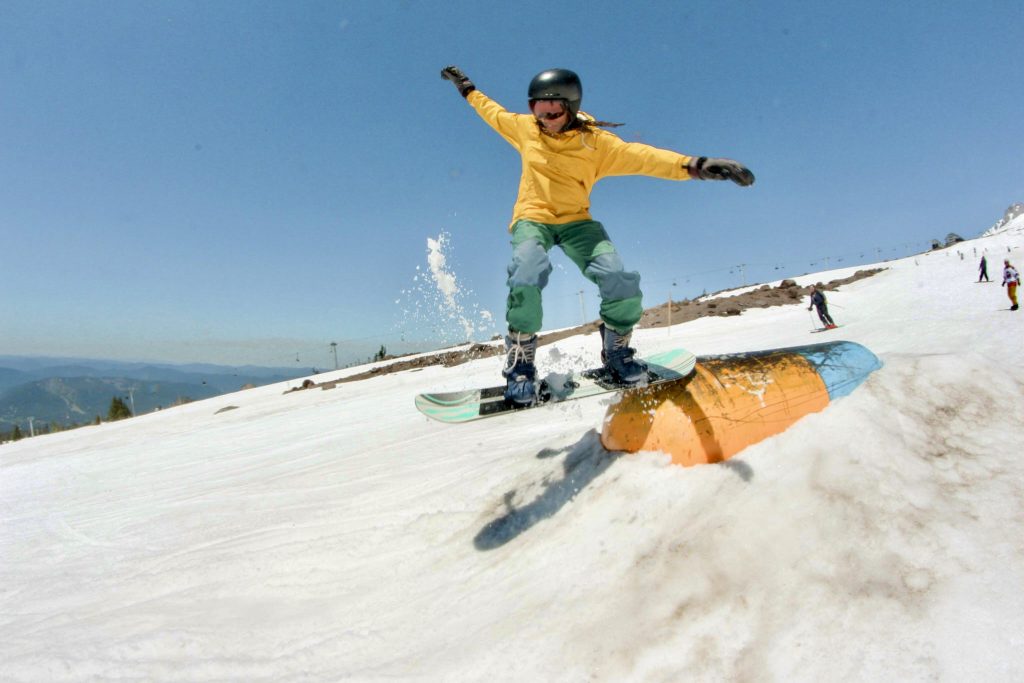
In terms of improvements amongst affinity group spaces, Freland hopes there will be more room for people to explore themselves outdoors instead of just a program’s idea of what an outdoor person should look like pushed by the company’s goals and agendas. Freland states, “Affinity spaces have their own goals and agendas but I think in those spaces, if you’ve been in the outdoors long enough it’s hard to see walking in the park as a hard thing. But folks need that encouragement.”
What does mentorship look like for people of diverse socio-economic backgrounds who’d like to try outdoor recreation? Here’s a list of some organizations working to expand opportunity:
| Black Outside (Texas) | Based in San Antonio and central Texas, Black Outside focuses on reconnecting African-American/Black youth to the outdoors. Recently, they resurrected Camp Founder which is the United States’ first black summer camp for girls. |
| Brown Girls Climb | Brown Girls Climb is a nationwide rock climbing non-profit reaching new heights by providing mentorship, meetups, and events for people of the Global Majority. |
| EDGE Outdoors | EDGE Outdoors is a powerful initiative created to address the invisibility and underrepresentation of Black, Indigenous, Women of Color in snow sports. Their goal is not only to introduce people to snow sports but to create opportunities for women of color to recreate, become leaders on the slopes, and even compete professionally in skiing and snowboarding. |
| Expedition Wind River (Wyoming Youth) | Led by Senior NOLS instructor, Elsie Freland, from Arapaho, Navajo and Meskwaki tribes, hopes to simply get students outside and meet them where they’re at instead of pushing an objective upon them. For 7 days and 6 nights, students get to backpack, free of charge, throughout Wyoming. Students interested in joining the upcoming expedition can email [email protected] for more information. |
| GirlTrek | More than a walking group, GirlTREK strives to save lives, heal intergenerational trauma and fight systemic racism through events, campaigns, and walking groups. |
| Latino Outdoors | Committed to familia, comunidad, cultura, access, service, diversity, and life-long learning, Latino Outdoors connects the latino community to the outdoors, conservation and environmental education. |
| Mountain Dreamers (Colorado) – Oso Outdoor | Operating as an immigrant advocacy nonprofit in the central mountain region of Colorado, Mountain Dreamers offers free support in immigration legal aid, navigating getting a driver’s license/identification, helping to file taxes, helping apply for affordable housing, and so much more. Mountain Dreamer’s Oso Outdoor is an equity and inclusion initiative that breaks down barriers and increases access to outdoor recreation for immigrants, non-English speakers, and people of color |
| National Brotherhood of Skiers (NBS) | For the past 50 years, NBS has been on a mission to develop more athletes of color who will win International and Olympic winter sports competitions. With chapters in every region of the United States, NBS provides community and fun everywhere they go. |
| Native Like Water (California) | Native Like Water is a California based grassroots non-profit that reintegrates teens and young adults into ocean recreation, conservation, wellness, and inter-generational cultural self exploration. |
| Outdoor Afro | Fueled by connections and leadership in nature, Outdoor Afro seeks to reconnect African-Americans to land and sea through outdoor education, outdoor recreation, and conservation knowledge. |
| Outdoor Asian | Whether you’re in Colorado, Los Angeles, Washington State, or Vermont, Outdoor Asian is a great organization to connect with other Asian and Pacific Islanders in the outdoors. Outdoor Asian offers events, outings, food nights, volunteer days, and meetups. |
| Paradox Sports | Paradox Sports offers accessible climbing opportunities for people with differing abilities, and is committed to transforming lives and communities through adaptive climbing opportunities. |
| SheJumps | SheJumps is on a mission to increase the amount of self-identifying women taking up space in outdoor activities. They host events, provide scholarships, and put on educational programs. |
| Women of Winter | Women of Winter provides scholarships for women of color and lgbtq+ individuals to become alpine and snowboard instructors. Their goal is to eliminate as many barriers as possible to snowsports. |
Having a good mentor that offers a safe space, helps you develop, and pushes you past your comfort cannot be overemphasized. Specifically in outdoor recreation, having a mentor such as a parent, friend, or organization to introduce you to the wonders of nature is vital for one’s participation in it and the development of Earth stewardship. Outdoor mentorship can be found in affinity groups that provide community, events and education. As more diverse groups begin to explore outdoor recreation, we can only hope to see more beginner-friendly affinity groups create a safe, inviting environment for people to explore themselves and nature.
About the Gear Tester

